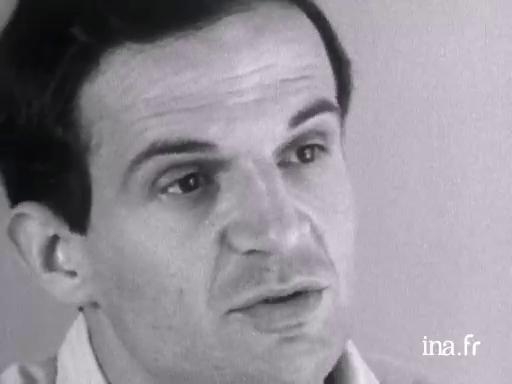François Truffaut regarding the director profession

Information
Conversation with François Truffaut regarding the director profession. He explains that oftentimes, in a film-maker's career, the first three films are the most important ones. He then talks about shooting films, new ideas that can suddenly appear during shoots, famous directors, film subjects, logic within films, and what truly defines cinema.
Context
French filmmaker François Truffaut (1932-1984) has never forgotten the principles he had as a young critic at the "Cahiers du Cinéma" magazine between 1953 and 1959. In fact, his first feature-length film, The 400 Blows (1959) - a film that launched the French New Wave along with Jean-Luc Godard's Breathless - seems to apply the uncompromising principles that were advocated shortly before (January 1964) by the ironic destroyer of the "Tradition for Quality" which was then representing "a certain trend in French cinema". A follower of the "Policy of Authors", which advocates that directors implicate themselves in the writing of film scripts, Truffaut wanted to create sensitive and coherent works over the years.
His initial audacity, staged by films playing with the codes of different film genres (Shoot the Piano Player in 1960 and Jules and Jim in 1962) already evolved, along with The Soft Skin (1964) and Fahrenheit 451 (1966), towards a respectable sobriety which his absolute idol, Jean Renoir, would not have been against.




